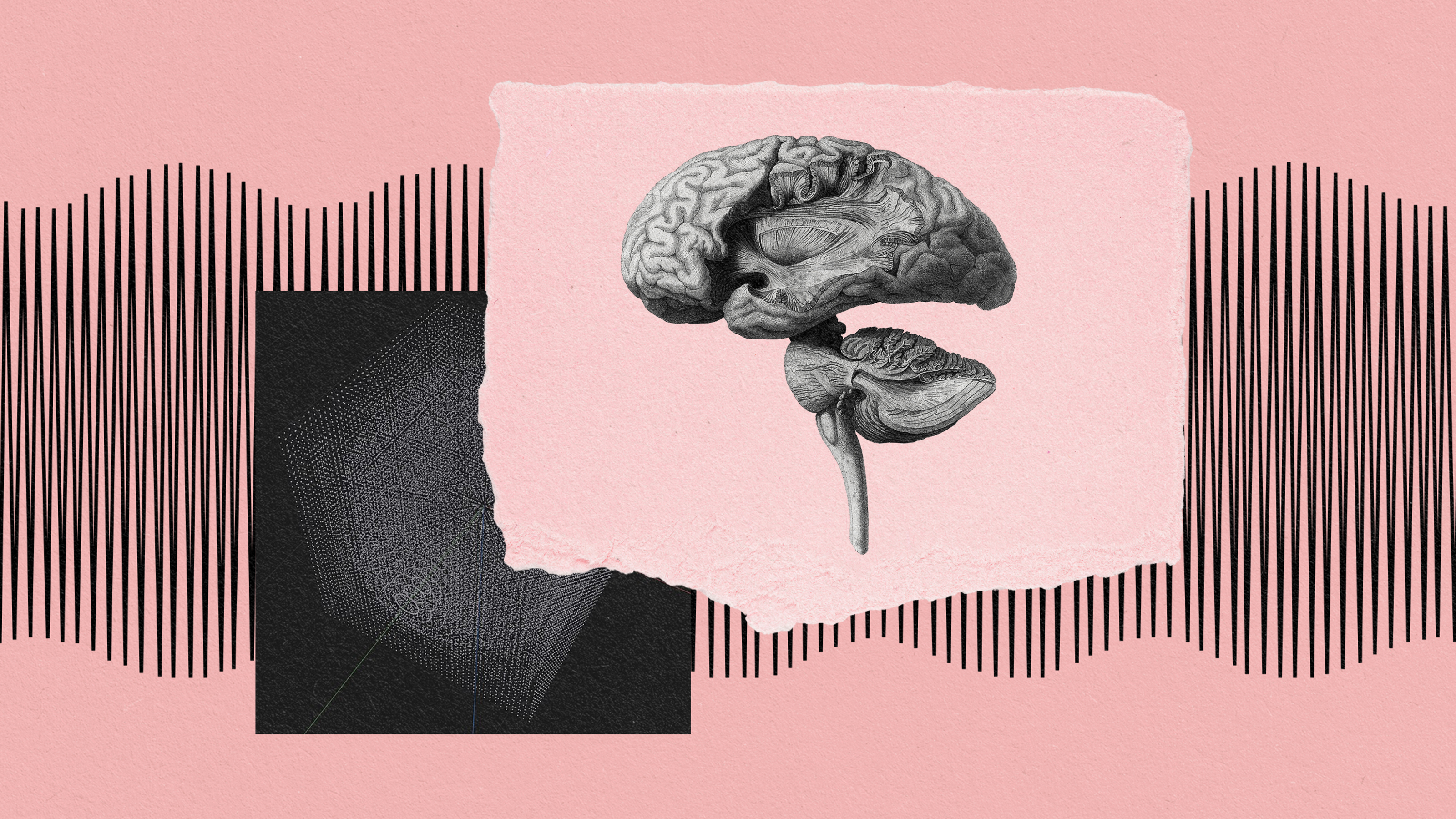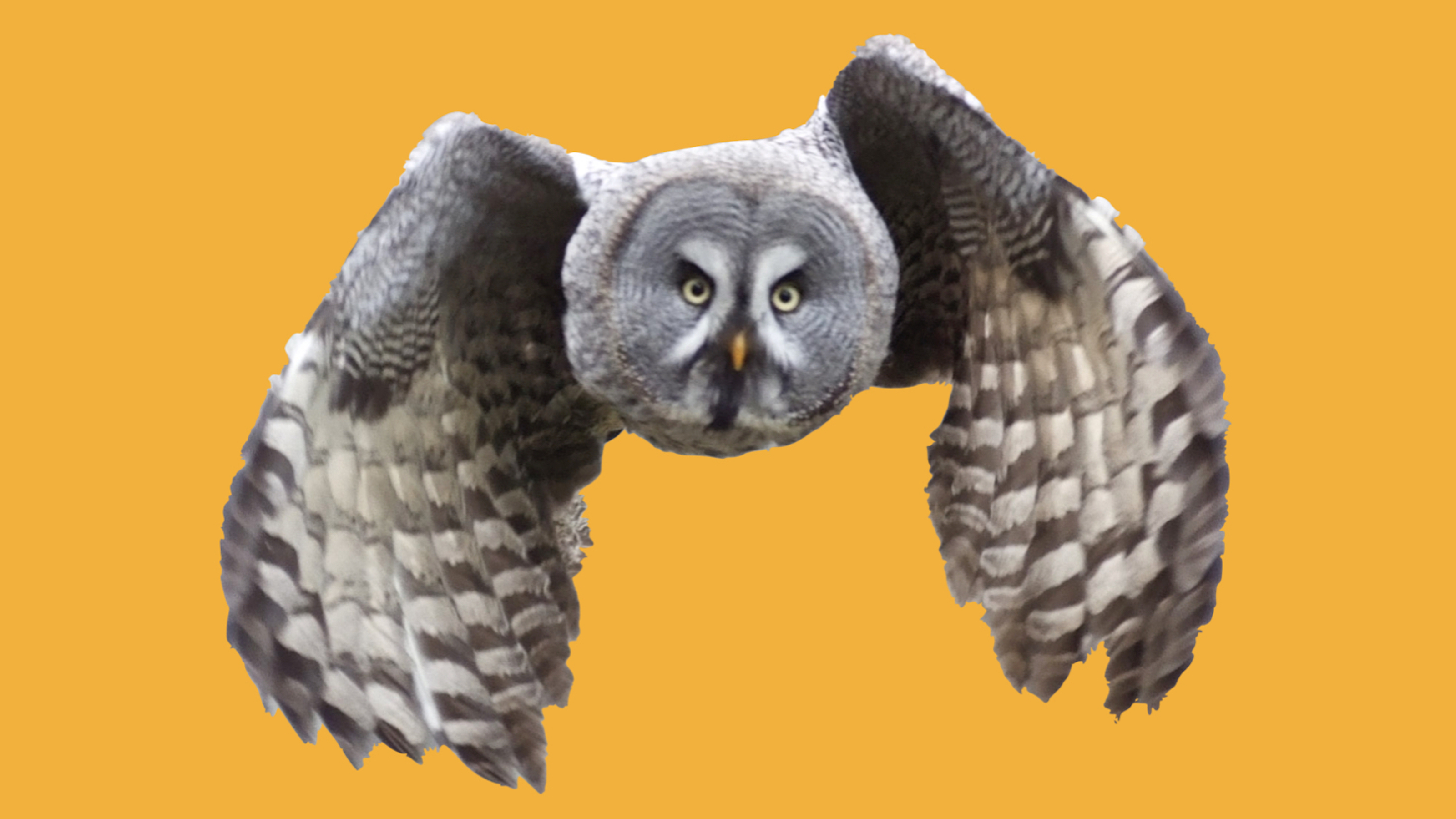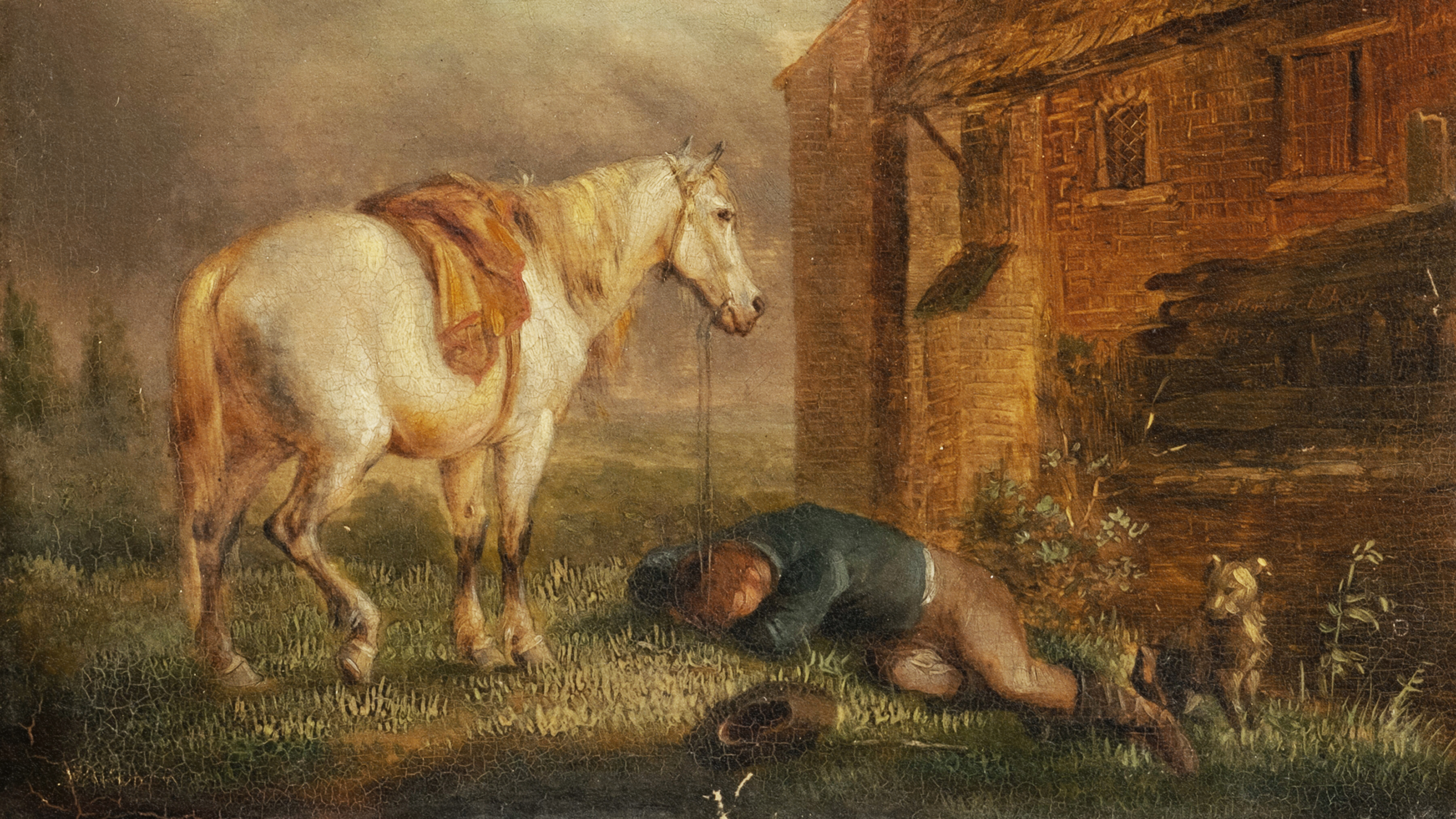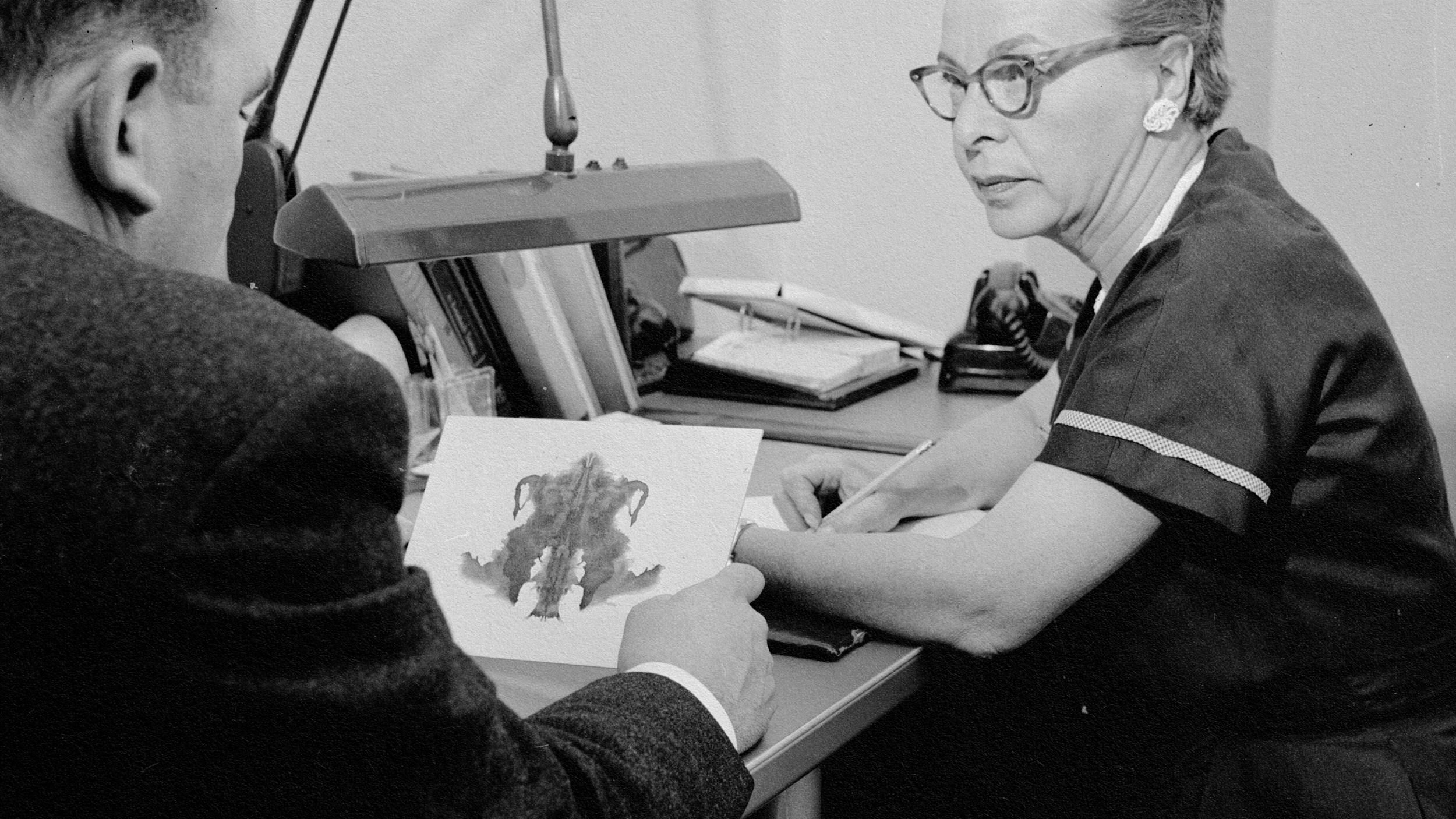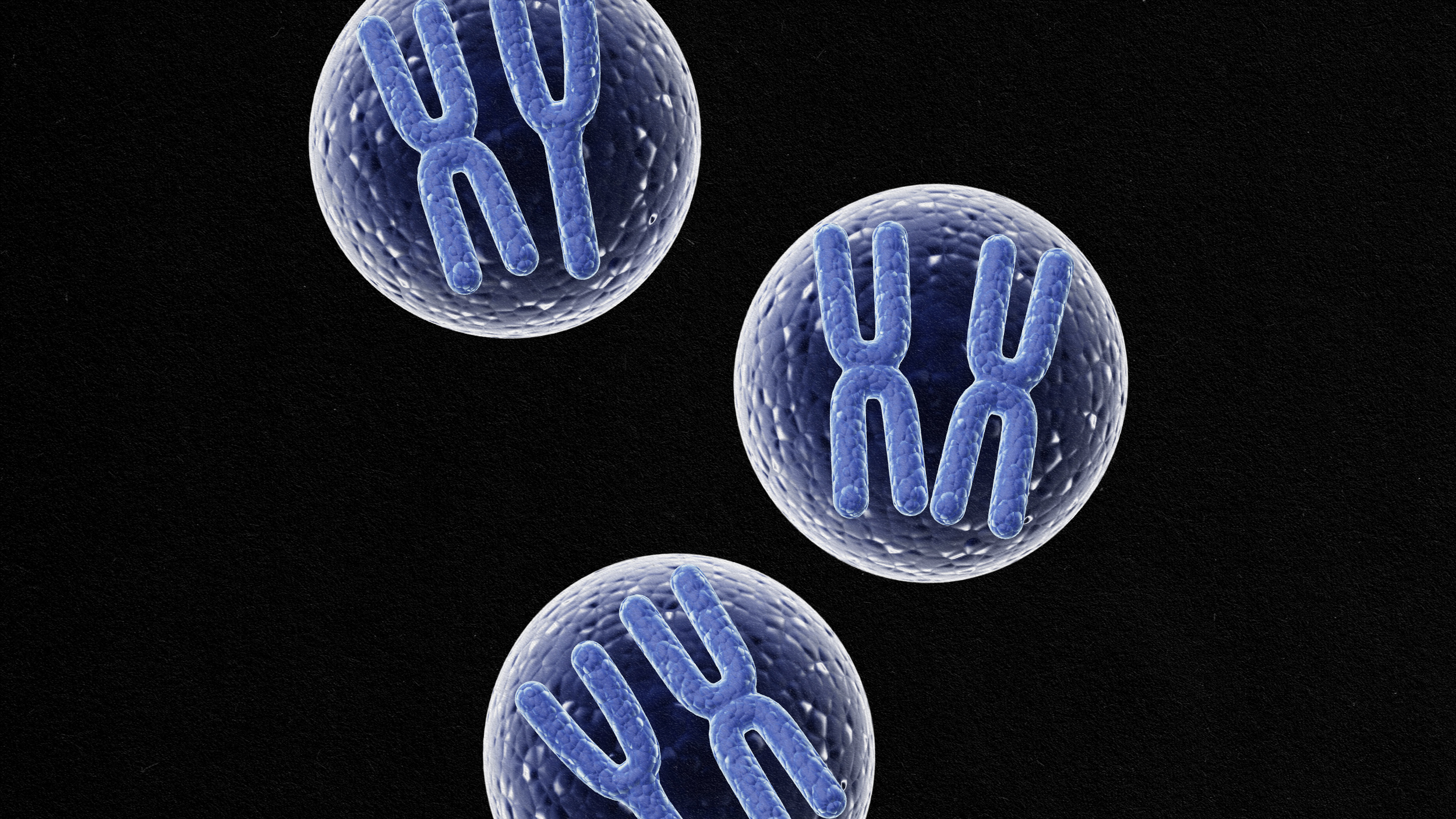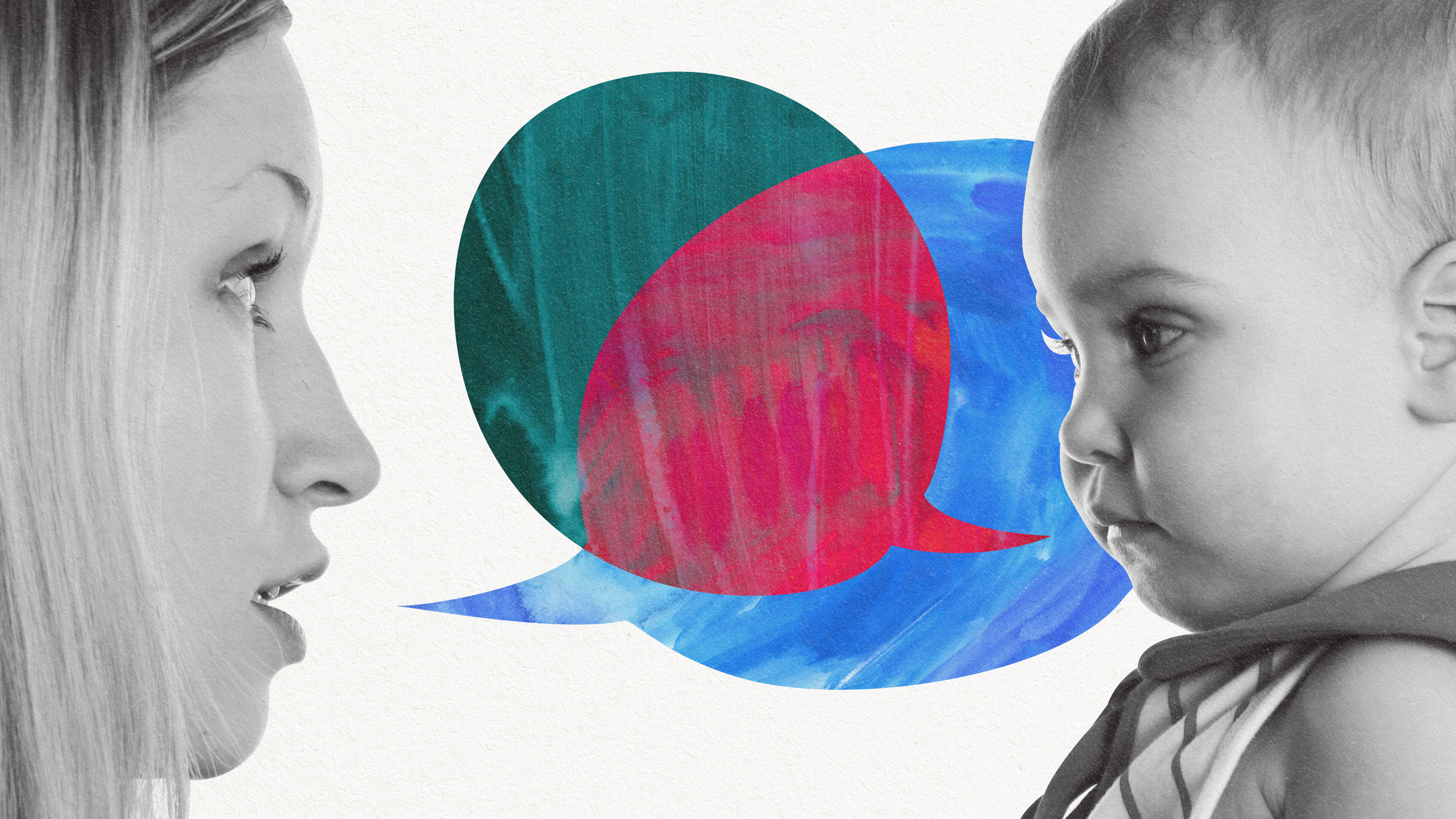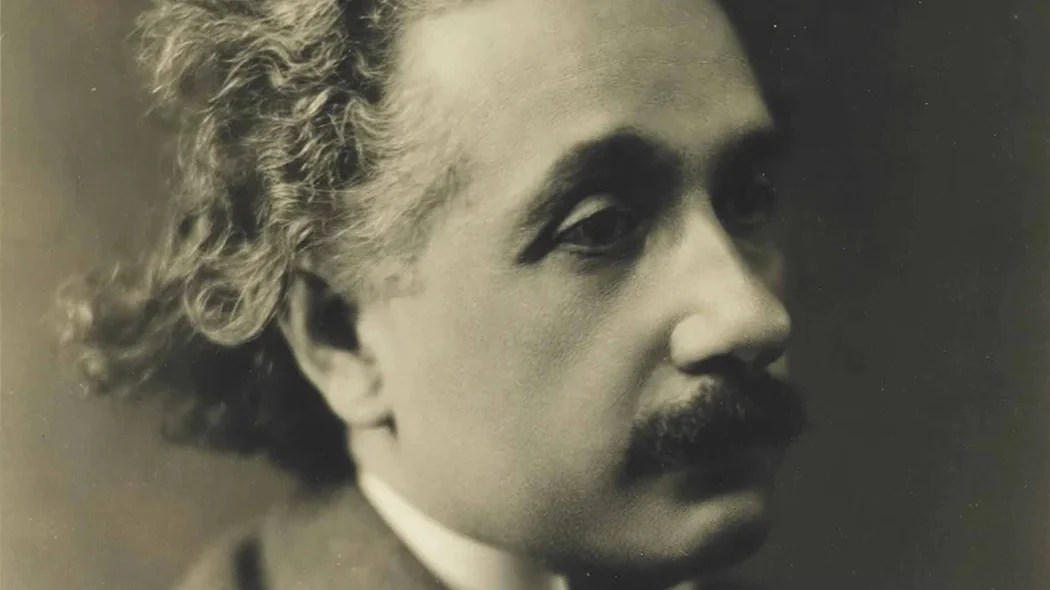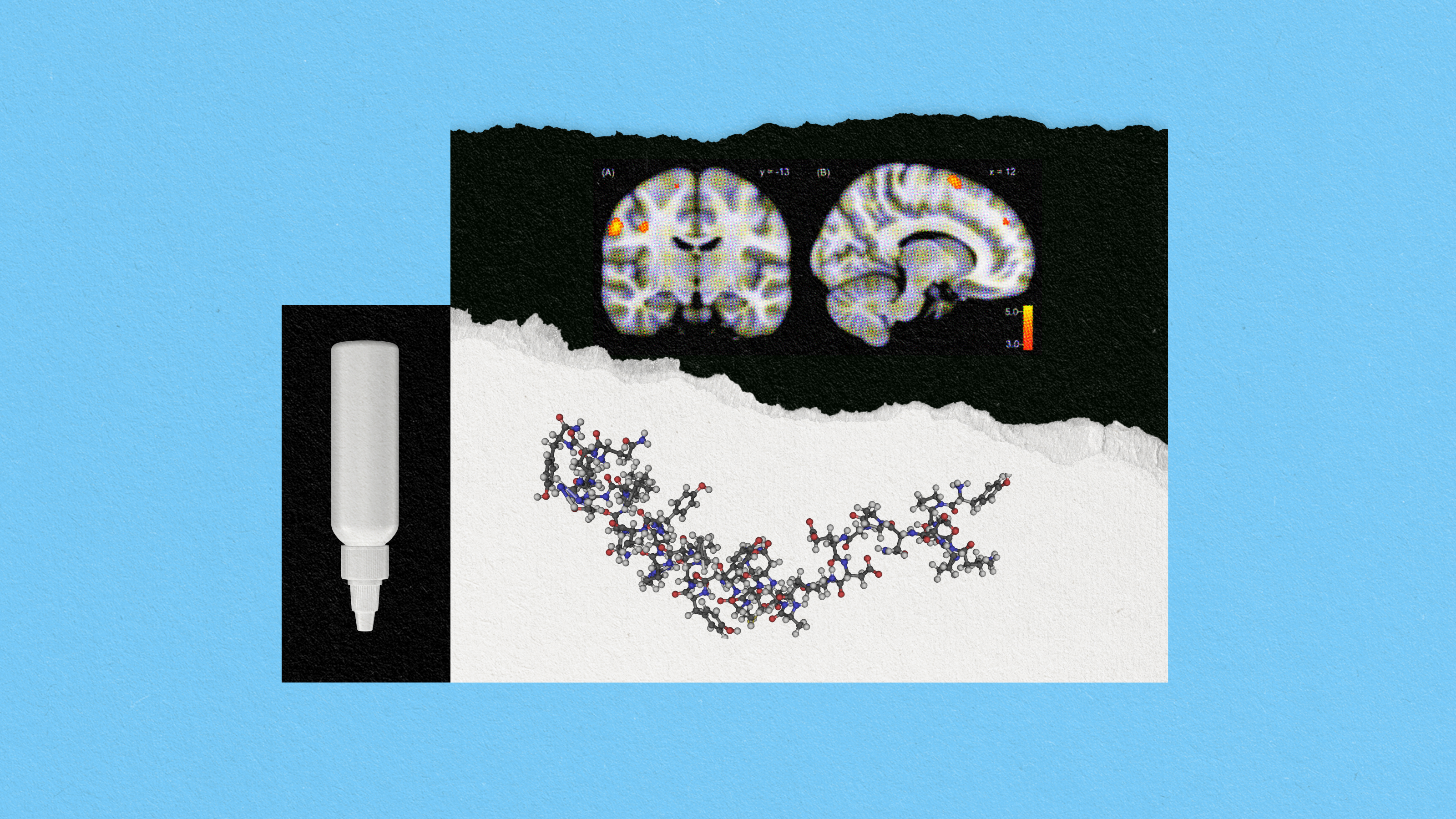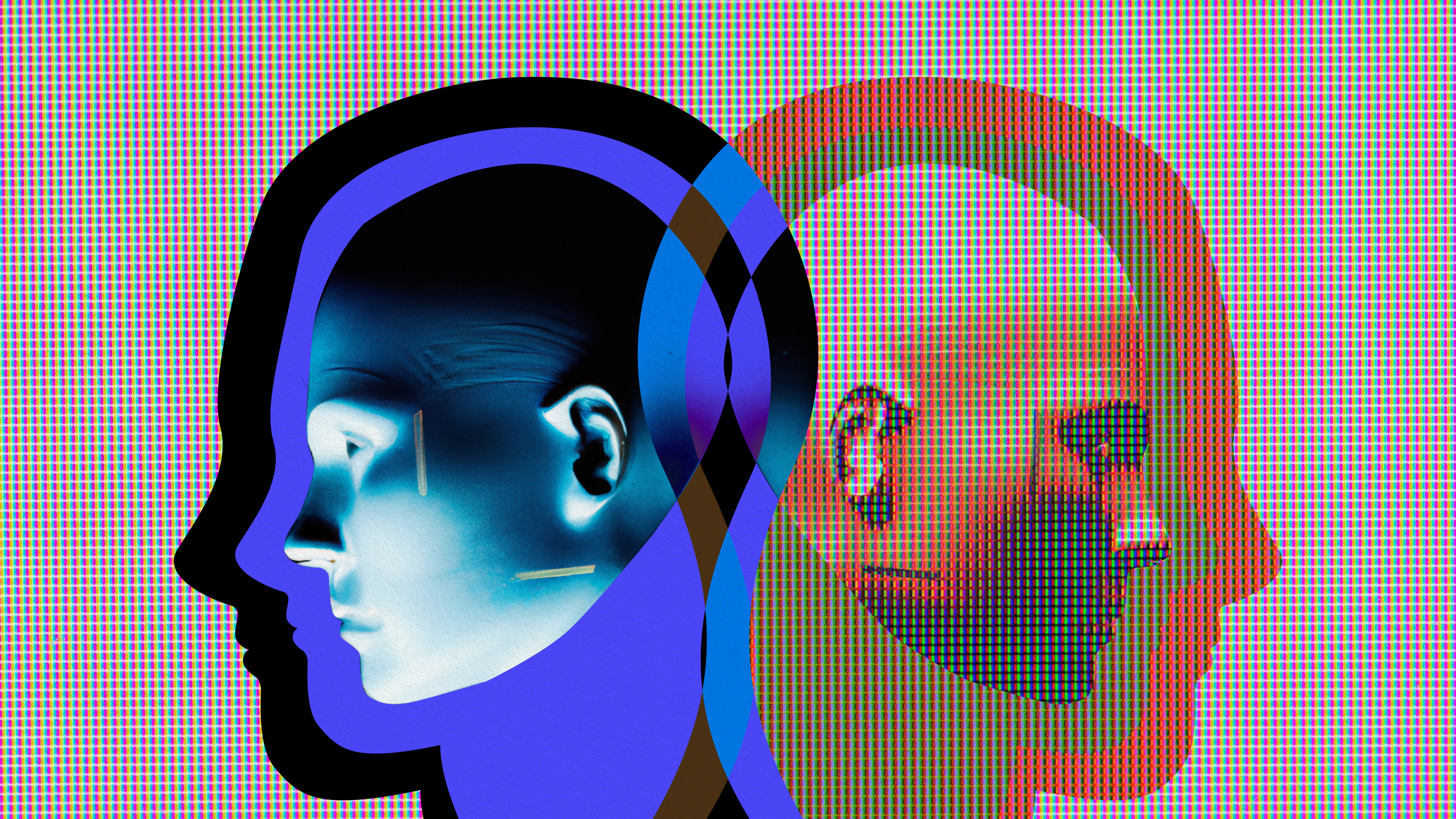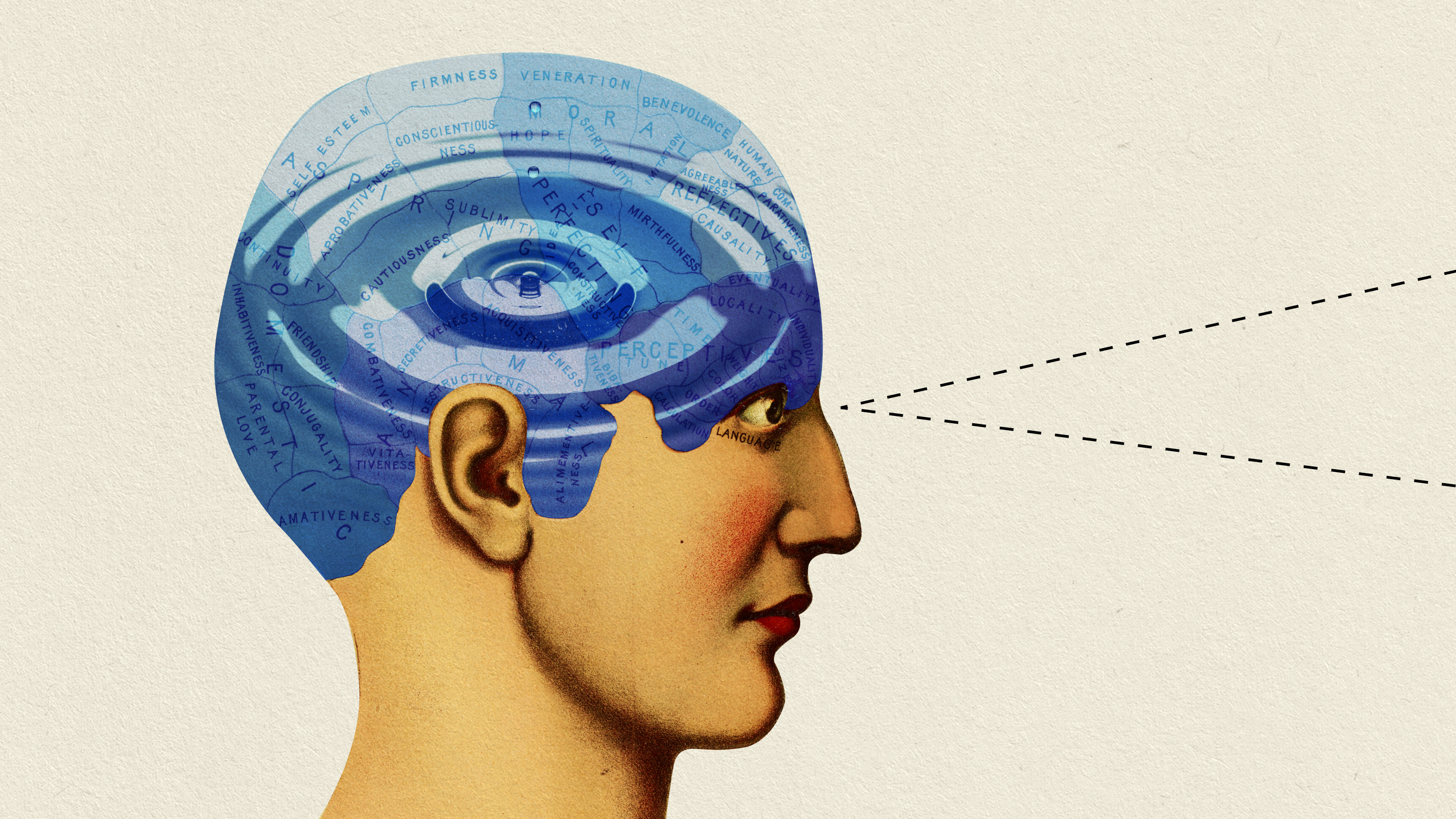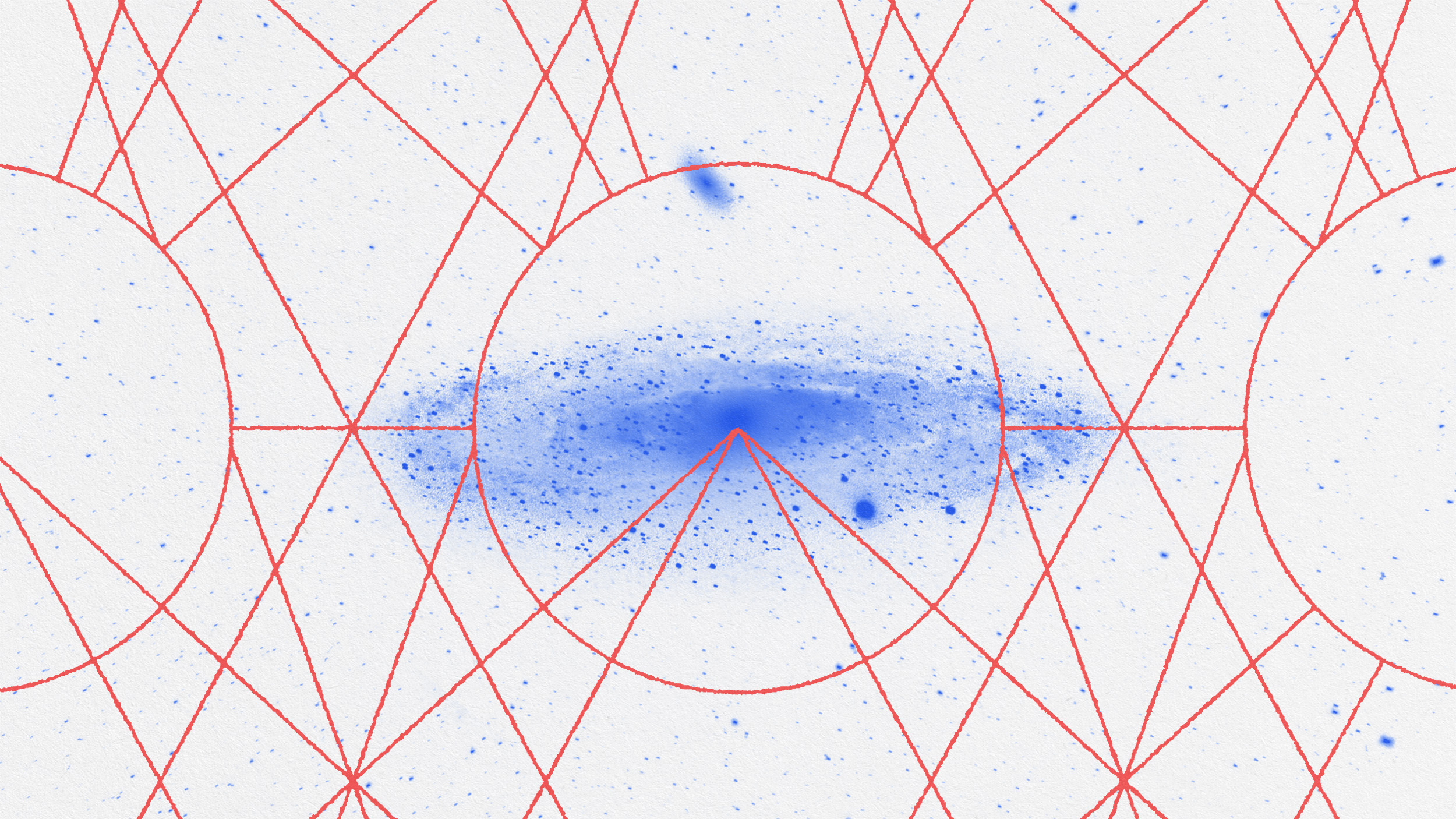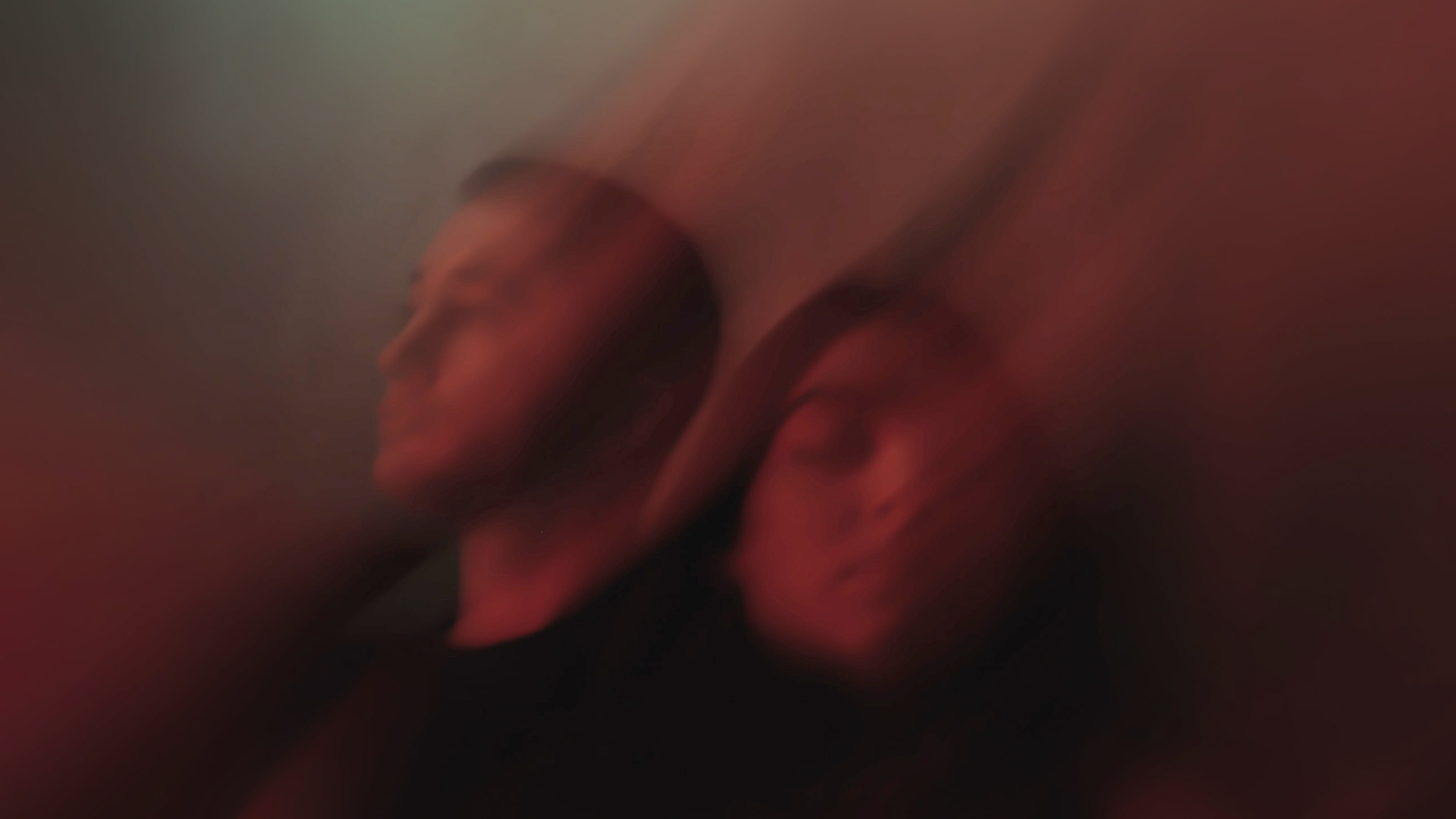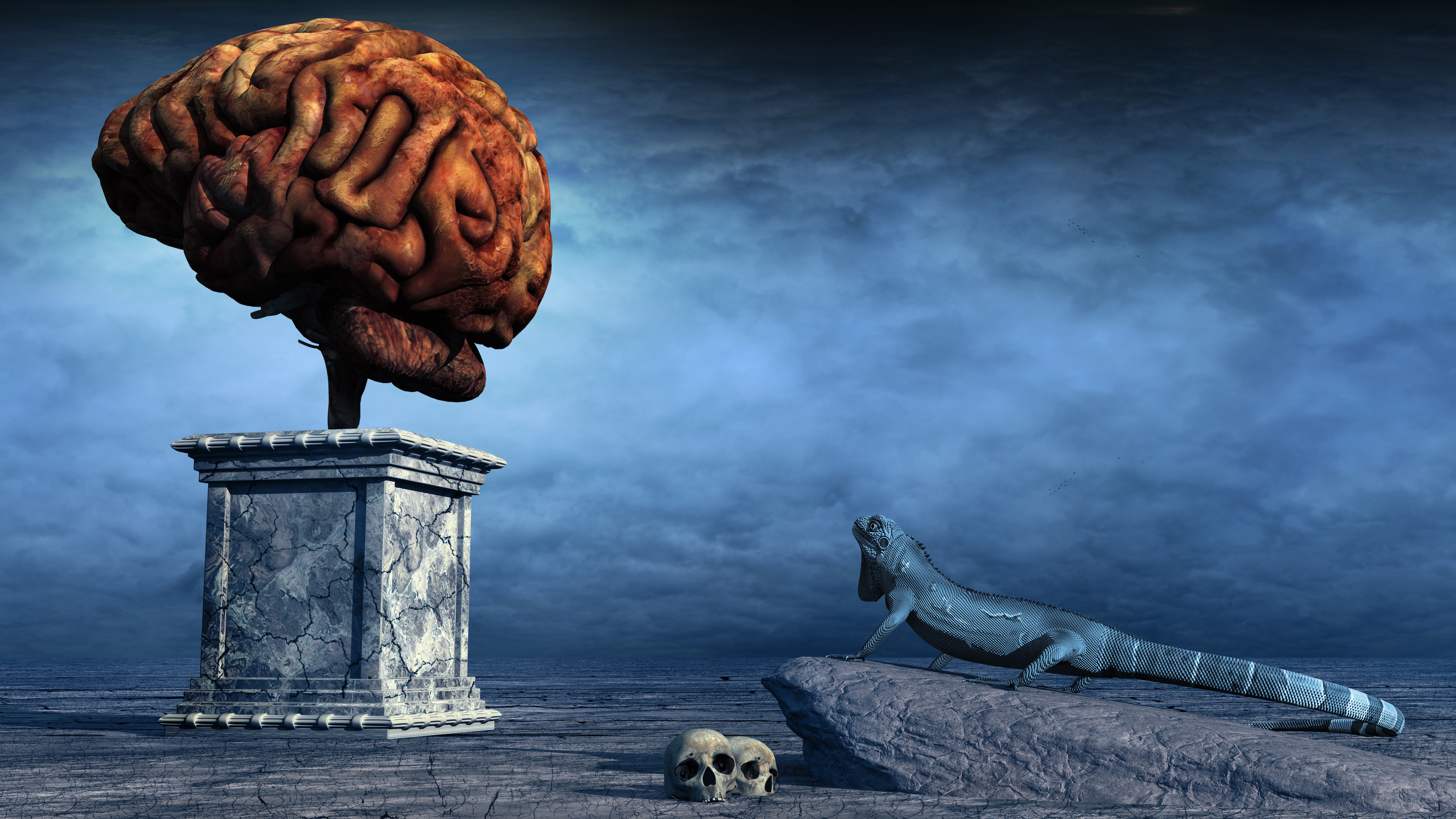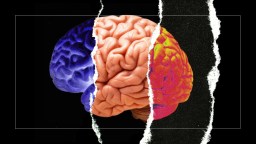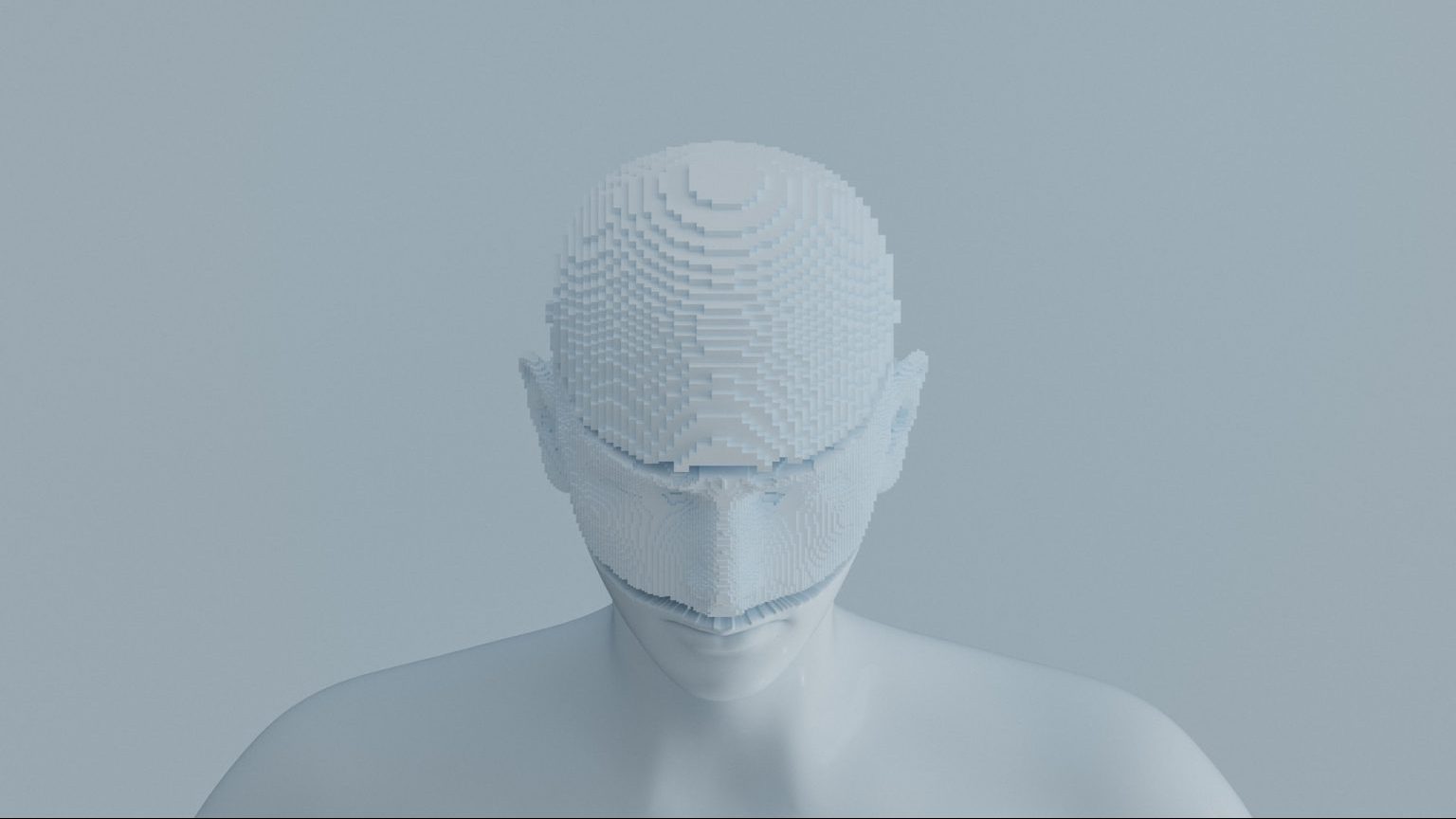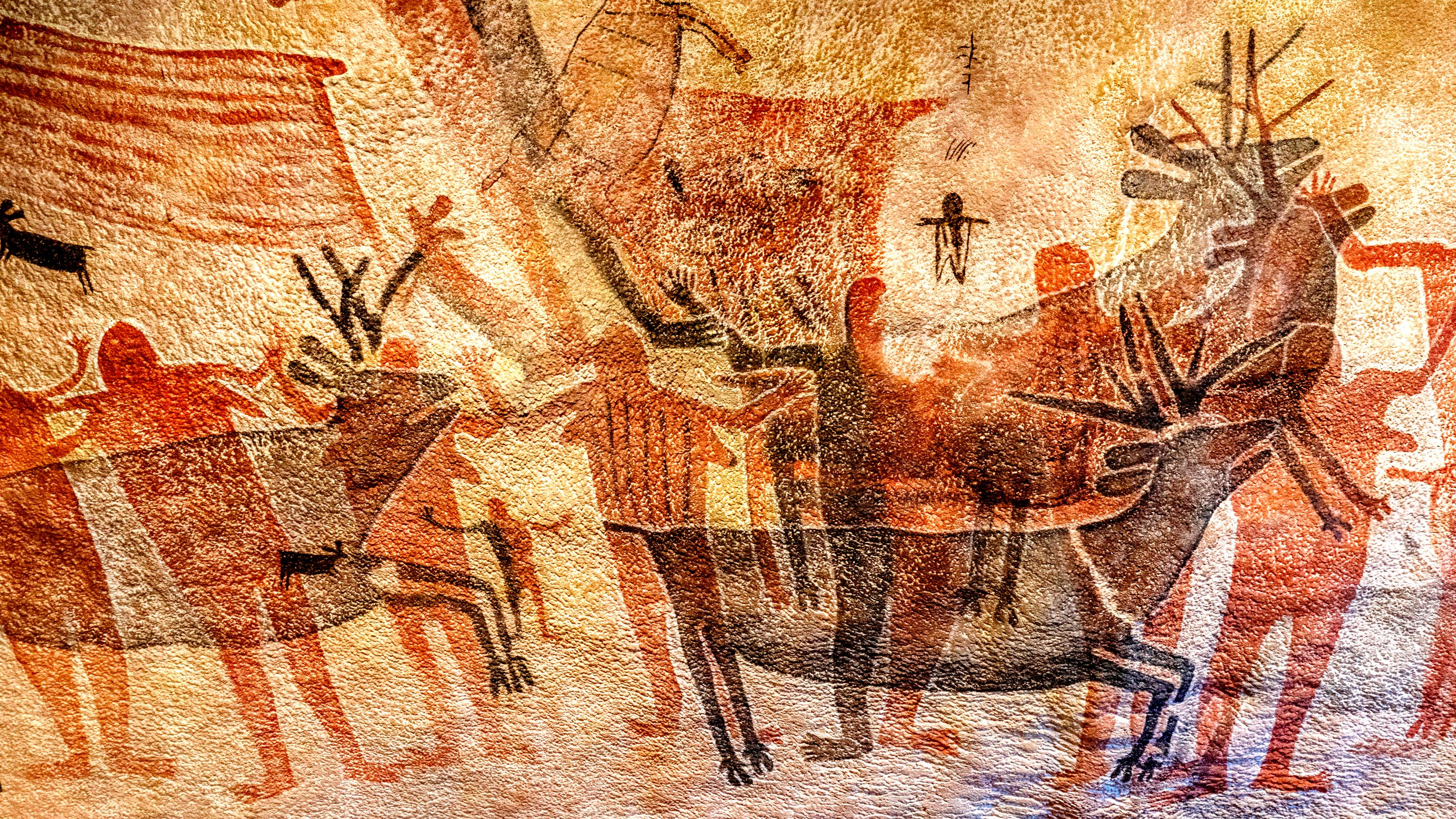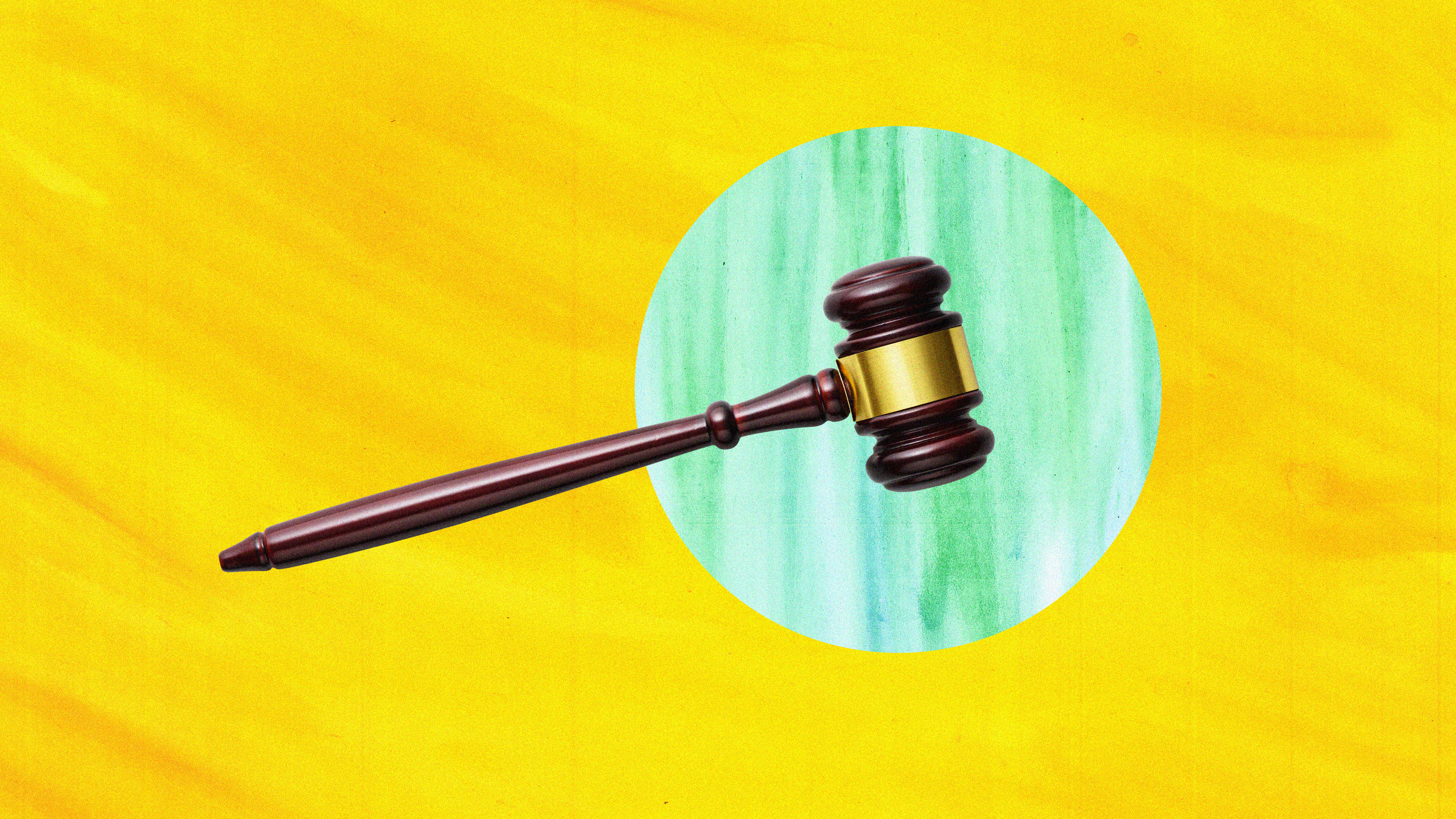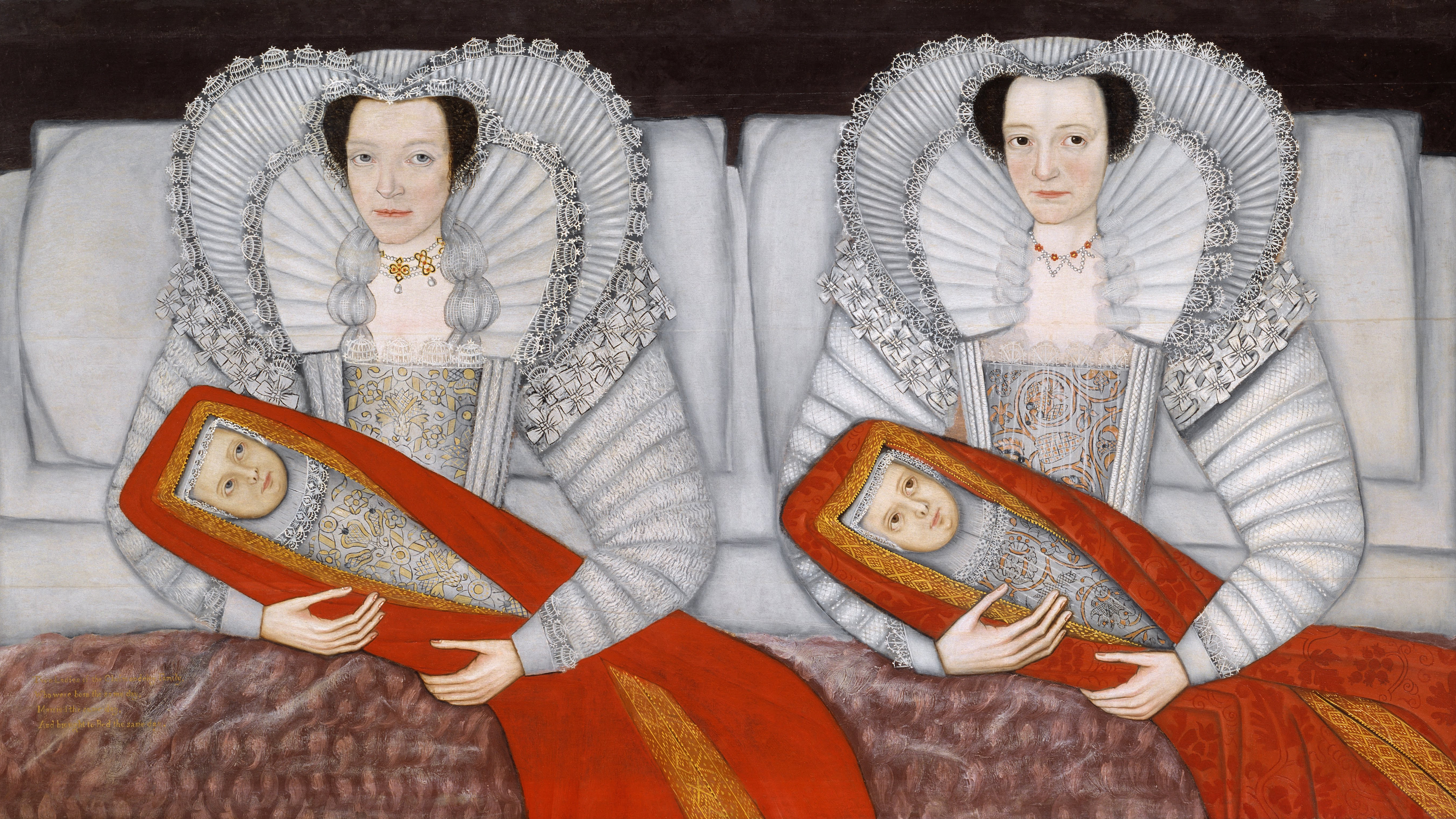neuroscience
Will we ever unravel the mystery of consciousness? Two academics made a 25-year bet on it. The scientist lost.
Learn to spot the scientists who are searching for the truth rather than money, ego, or fame.
The space‑specific neurons in the owl’s specialized auditory brain can do advanced math.
Don’t feel compelled to start a napping routine just yet.
Despite the claims of speed reading apps, it turns out that you actually have to read the book if you want to learn from it.
Your brain is trying to show you the future.
Your expectations form the way you experience the world.
Boys are four times as likely as girls to develop autism. Girls are nearly twice as likely to experience depression. The immune system may be a player in these and other brain-health disparities.
Neuroscientists think a cluster of cells in the brain that stimulate appetite could be a target for eating disorder therapies.
Synchronized activity between the hippocampus, prefrontal cortex, and thalamus plays a role in memory consolidation.
After Albert Einstein’s death in 1955, a pathologist—searching for the secret of genius—removed, dissected, and ultimately stole the mathematician’s brain.
In the ongoing battle against PTSD, a potential new weapon emerges: a nasal spray loaded with neuropeptide Y.
The idea that consciousness emerges naturally alongside intelligence could be an anthropocentric distortion.
Who — or what — really controls your mind?
New research shows that the transition from general to specific memories involves the maturation of inhibitory neurons in the hippocampus.
Walter Pitts rose from the streets to MIT, but couldn’t escape himself.
Brain activity may be more like “ripples in a pond” rather than signals sent on a telecommunications network.
Neuroscientist and author Bobby Azarian explores the idea that the Universe is a self-organizing system that evolves and learns.
Plato and Carl Sagan were wrong about the human brain, says a top neuroscientist.
▸
7 min
—
with
Neuroscientists and artists alike are making the case that we could transform the world through psychedelics.
A new study from Finland suggests that we all process the behavior of others using the same neural networks.
You’ve heard about your “lizard brain.” But what about the other two?
▸
8 min
—
with
Brain-computer interfaces could enable people with locked-in syndrome and other conditions to “speak.”
Evolutionary pressures drove the formation of tribes who encoded their values in myths and symbols. Was this cooperation cursed?
Memory, responsibility, and mental maturity have long been difficult to describe objectively, but neuroscientists are starting to detect patterns. Coming soon to a courtroom near you?
The dying brain experiences a surge of electrical activity. Could this help explain the mysterious phenomena of near-death experiences?
Emotion dysregulation has been linked to unhealthy risk-taking, relationship challenges, and negative physical health outcomes.
